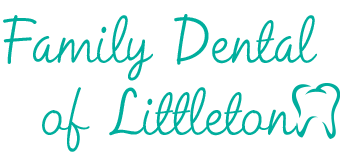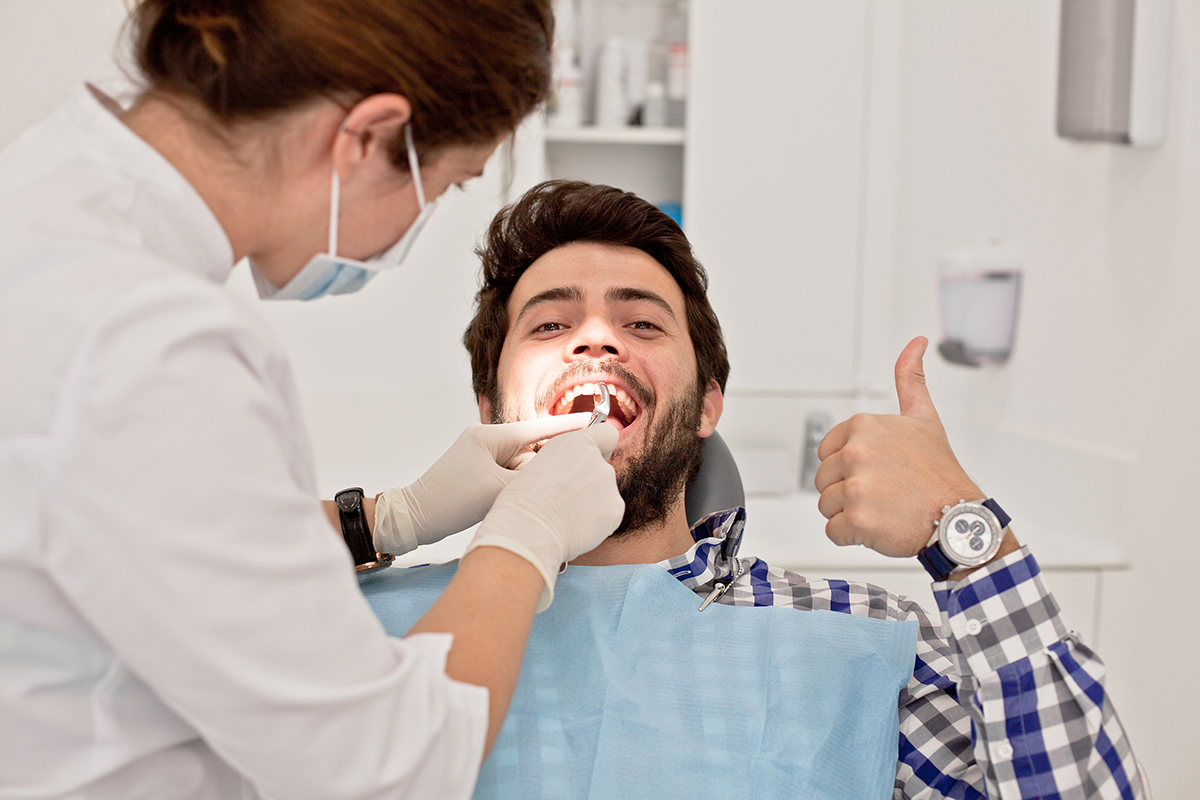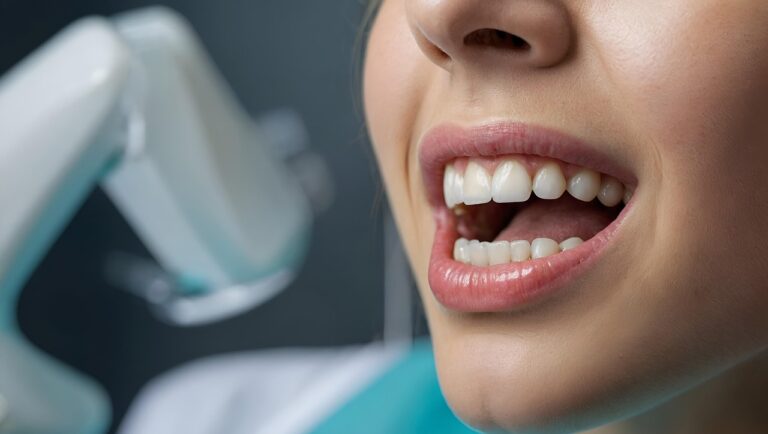The Rise in Oral Cancer Awareness: What You Need to Know
Oral cancer is an increasingly prevalent health concern, with cases on the rise worldwide. While often overshadowed by other forms of cancer, oral cancer can be just as life-threatening if not detected early. As more awareness is raised about its risks, symptoms, and prevention, individuals can take proactive steps to protect their oral and overall health.
Understanding Oral Cancer
Oral cancer refers to cancers that develop in the mouth, lips, tongue, cheeks, gums, or throat. It can affect anyone but is more common among individuals who smoke, consume excessive alcohol, or have a history of human papillomavirus (HPV) infection. Additionally, factors such as prolonged sun exposure (which increases the risk of lip cancer) and a diet low in fruits and vegetables may also contribute to its development.
Signs & Symptoms to Watch For
Early detection of oral cancer is critical to successful treatment. Some common warning signs include:
- Persistent sores in the mouth that do not heal
- Red or white patches inside the mouth
- Unexplained bleeding in the oral cavity
- Difficulty chewing or swallowing
- Persistent sore throat or hoarseness
- Numbness in the tongue or other areas of the mouth
- Lumps or thickened areas in the mouth, neck, or throat
If any of these symptoms persist for more than two weeks, it is essential to seek evaluation from a dentist or healthcare professional.
The Role of Dentists in Early Detection
Dentists play a vital role in the early detection of oral cancer. Regular dental check-ups allow professionals to examine the mouth for abnormalities and refer patients for further testing if needed. Many dental clinics now include oral cancer screenings as part of routine examinations, increasing the chances of catching the disease in its early stages.
Prevention & Lifestyle Choices
While not all cases of oral cancer can be prevented, individuals can reduce their risk by making healthy lifestyle choices:
- Quit smoking and avoid tobacco products: Tobacco use is one of the leading causes of oral cancer.
- Limit alcohol consumption: Excessive alcohol intake increases the risk, particularly when combined with smoking.
- Maintain a healthy diet: Eating a diet rich in fruits and vegetables can help protect against cancer.
- Practice good oral hygiene: Regular brushing, flossing, and dental visits can aid in overall oral health.
- Get vaccinated for HPV: The HPV vaccine can help lower the risk of HPV-related oral cancers.
- Use lip protection: When spending time outdoors, applying SPF lip balm can reduce the risk of lip cancer caused by sun exposure.
The Importance of Awareness Campaigns
Public awareness campaigns and initiatives are playing a crucial role in educating communities about oral cancer risks and prevention. Organizations such as the Oral Cancer Foundation and the American Dental Association advocate for screenings, research, and patient support. Social media and dental health programs are also instrumental in spreading awareness and encouraging individuals to prioritize their oral health.
Oral cancer is a serious health issue that requires greater public attention. By understanding the risks, recognizing symptoms early, and making healthier lifestyle choices, individuals can take steps toward prevention. Regular dental visits remain an essential part of early detection, and increased awareness will ultimately lead to better outcomes for those affected.
Taking action today can help save lives. Stay informed, get screened, and prioritize your oral health.with your dentist to discuss your options for a comfortable experience.




